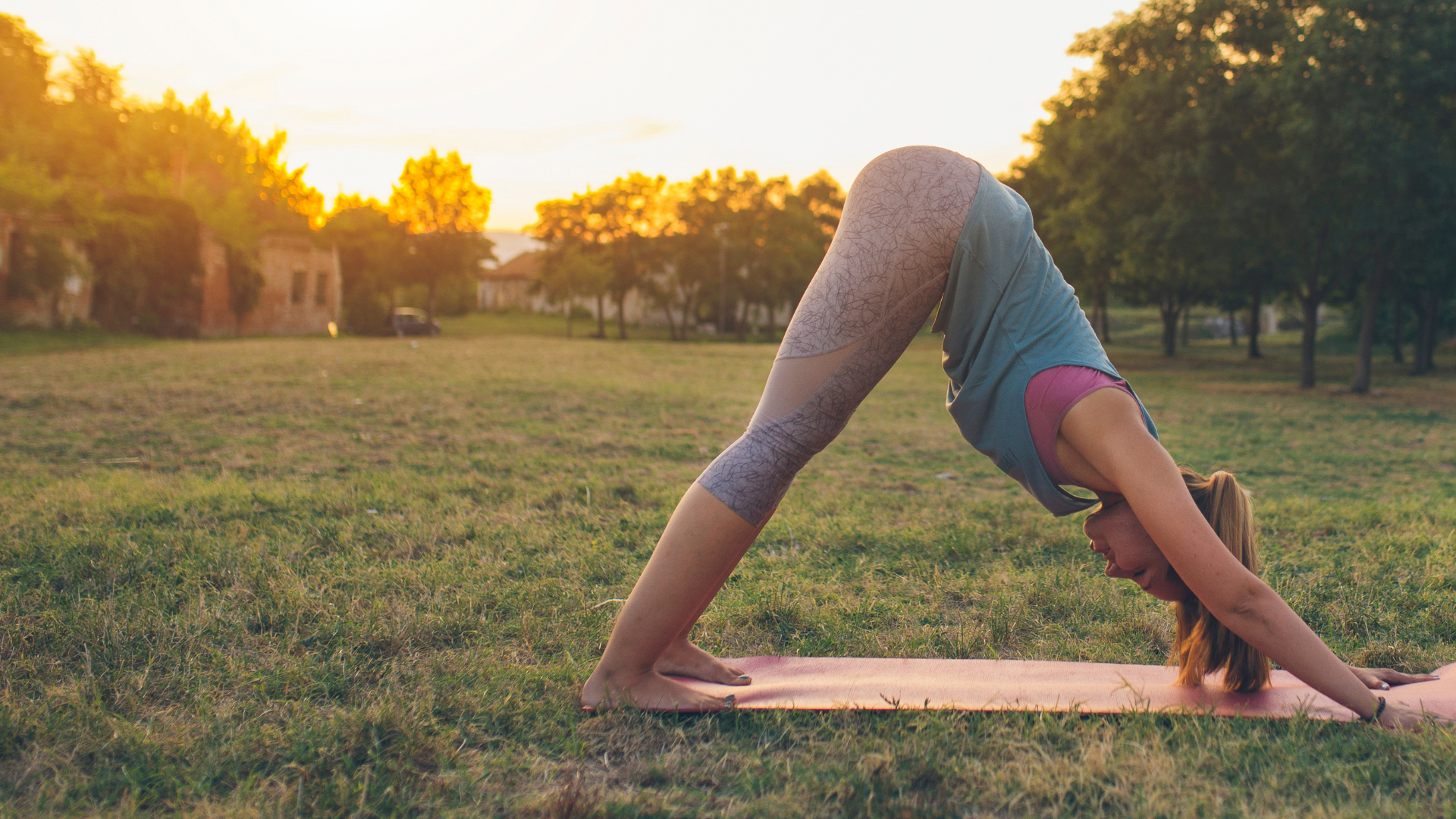
How to exercise safely with glaucoma
Having a healthy lifestyle can help delay the progression of glaucoma. This means eating well and taking regular exercise.
However, doing certain exercises can raise the pressure in the eye and cause glaucoma symptoms to worsen. So if you have glaucoma and are looking to strike the right balance with your lifestyle, it's important to only take part in activities recommended by your clinician or eye consultant.
To help, we’ve asked some of our experts and people already living with the eye condition to outline which exercises are safe and those best avoided.
What causes glaucoma?
Glaucoma is caused when pressure levels in the eye become too high and damage the optic nerve at the back of the organ. This increased pressure is caused by a build-up of aqueous, the liquid that’s naturally produced in the eye. Usually, this is a result of drainage channels, known as the trabecular meshwork, becoming blocked or restricted.
When aqueous continues to be produced but can’t drain away, the internal eye pressure increases and pushes on the optic nerve. As this nerve takes signals from the eye to the brain, any injury to it disrupts these messages and causes areas of sight loss.
Initially, this sight loss occurs on the edges of peoples’ vision. Then, as the condition progresses, blind spots start to increase and enter the central field of vision.
Should people with glaucoma exercise?
As glaucoma is a complex disease, every diagnosis and treatment plan will look slightly different. However, the importance of a healthy lifestyle in slowing the progression of this eye condition is now widely recognised and recommended by clinicians and consultants.
By maintaining a healthy weight through eating well and taking regular exercise, people living with glaucoma can reduce their blood pressure and keep insulin levels under control. This, in turn, helps to lower pressure inside the eye.
Eating a balanced diet filled with vitamins and minerals like nitrates and polyphenols can help protect the eye’s function and maintain a healthy blood flow. Studies have shown that dark chocolate and leafy green vegetables are two foods which bring particular benefits to people living with glaucoma.
Exercise is also cautiously encouraged for those with glaucoma. This is because some movements can be highly beneficial and help to slow the progression of symptoms, while others can place further pressure on the eye. To stay safe and healthy, it's important that each individual living with glaucoma asks their consultant for advice before taking part in particular exercises.
What types of exercises are safe?
To maintain good levels of fitness and health, the NHS recommends that adults take part in 150 minutes of moderate-intensity exercise a week. This is the equivalent of 30 minutes five days a week. Plus, they encourage older adults to do some light activity, such as housework or moving around their home, every day.
For people living with glaucoma, doing low-impact aerobic exercises that raise the heart rate slightly for 20 to 30 minutes is recommended. This will support general health without putting extra pressure on the eyes.
Exercises considered safe include:
By doing these exercises regularly, people with glaucoma can maintain their circulation and heart health without straining the eyes. This will contribute towards lower blood pressure, improved mood and the delayed progression of glaucoma.
What exercises aren’t safe?
Though the NHS also recommends adults do some form of strength training every week, this isn’t the case for people living with glaucoma. Any exercises that rapidly raise the heart rate or involve intense strain will place extra pressure on the eye and increase the risk of damage.
As such, any form of sprinting or weightlifting should be avoided. Plus, though yoga is a low-intensity exercise, performing any movements that put the heart above the head will increase pressure on the eye and may cause more damage.
Based on this advice, exercises that should be avoided are:
However, depending on the specifics of your condition, you may be able to perform these exercises in some form. Getting advice from your own consultant is essential to maintain a healthy lifestyle with safe movements and exercises.
Get advice on living with glaucoma
If you’re looking for personalised advice on how to stay healthy while living with glaucoma, then the new OcuPlan free service may help. By signing up, glaucoma patients can get guidance and reassurance whenever they need it through our ‘rapid advice line’ and ‘ask a consultant’ services.
From advice on eating well to starting a safe exercise routine, the Ocuplan service can help people living with glaucoma slow the condition’s progression with a healthier, happier lifestyle.
About OcuPlan
OcuPlan offers the gold standard of clinical care for patients with long-term eye conditions to help minimise the risk of sight loss.